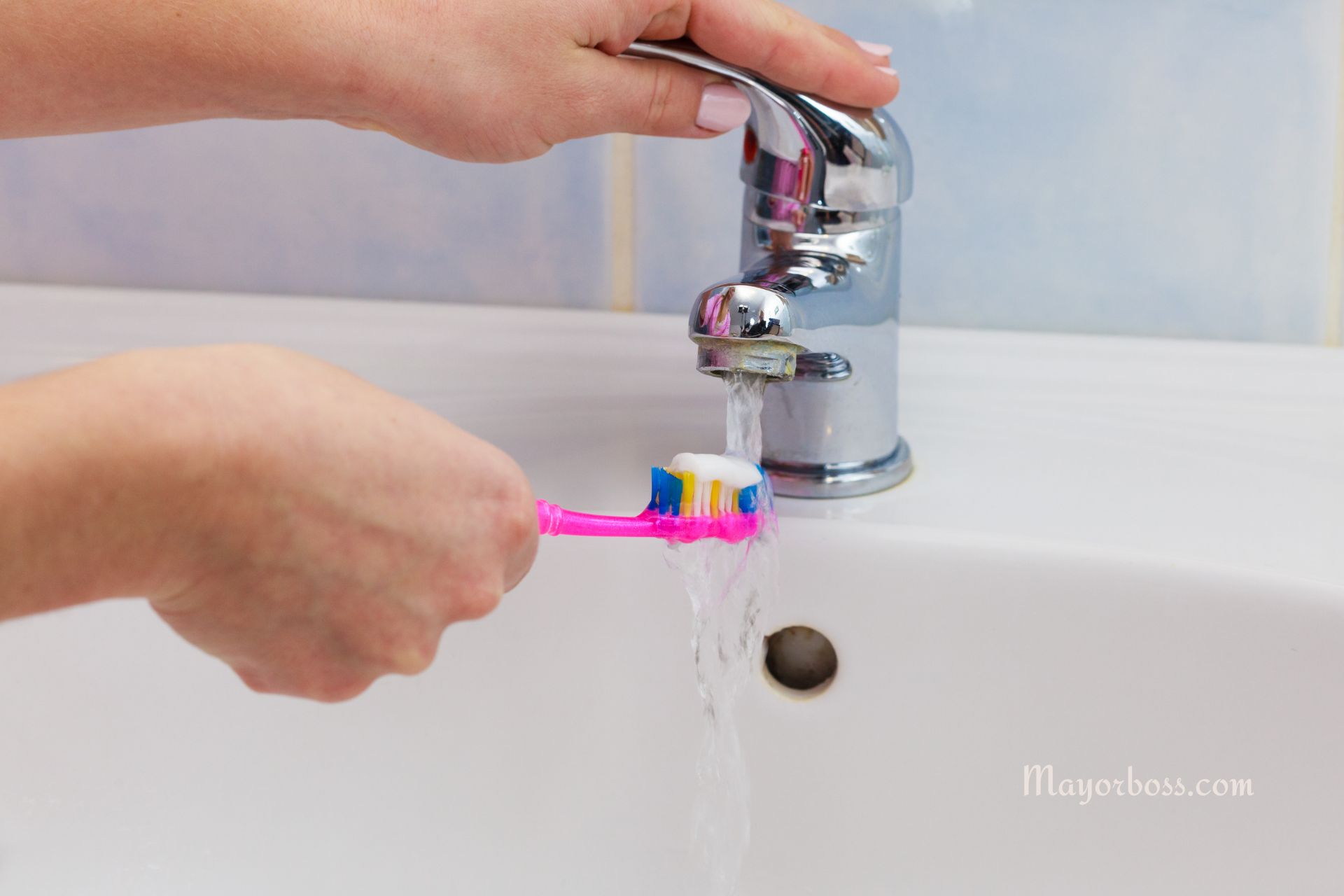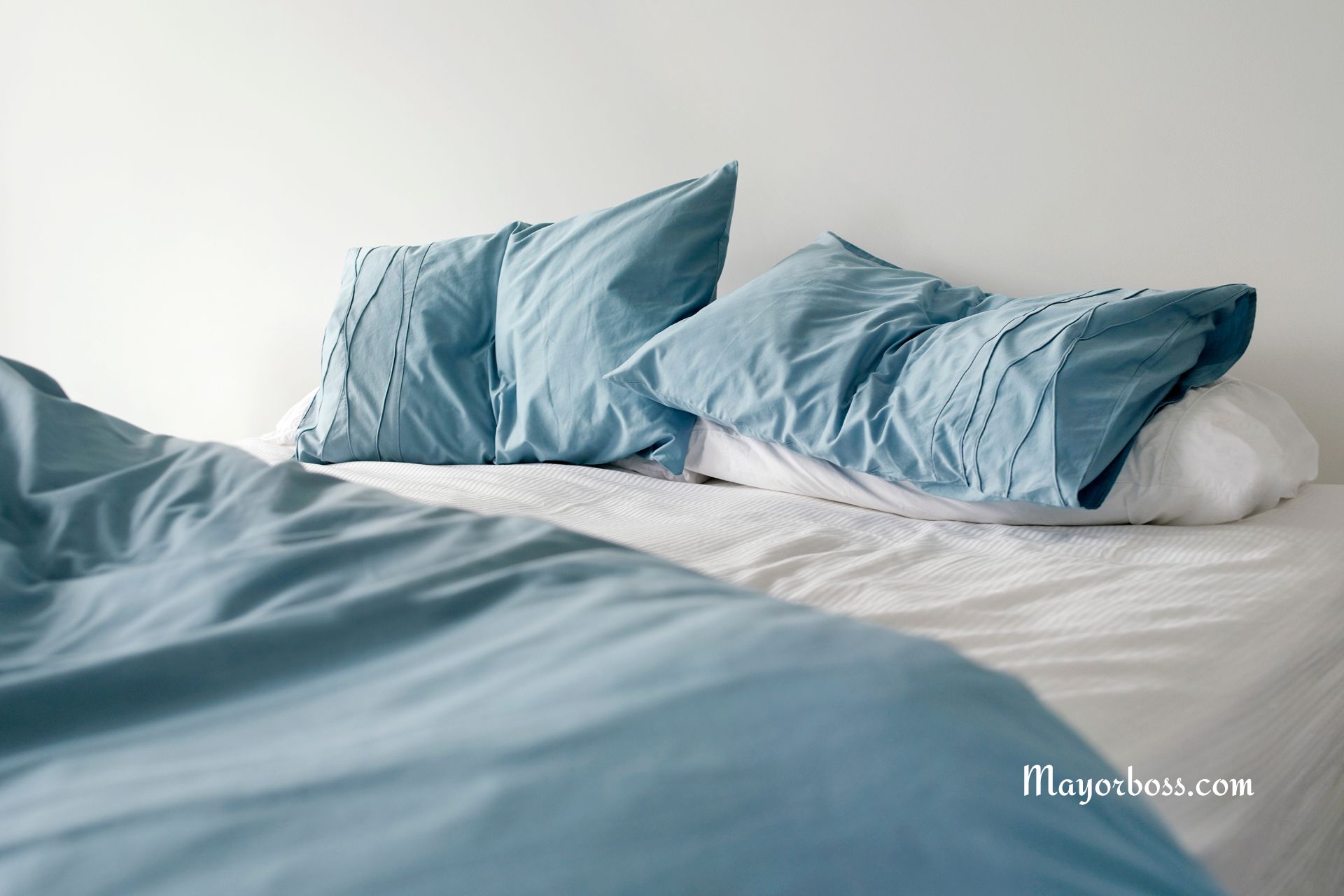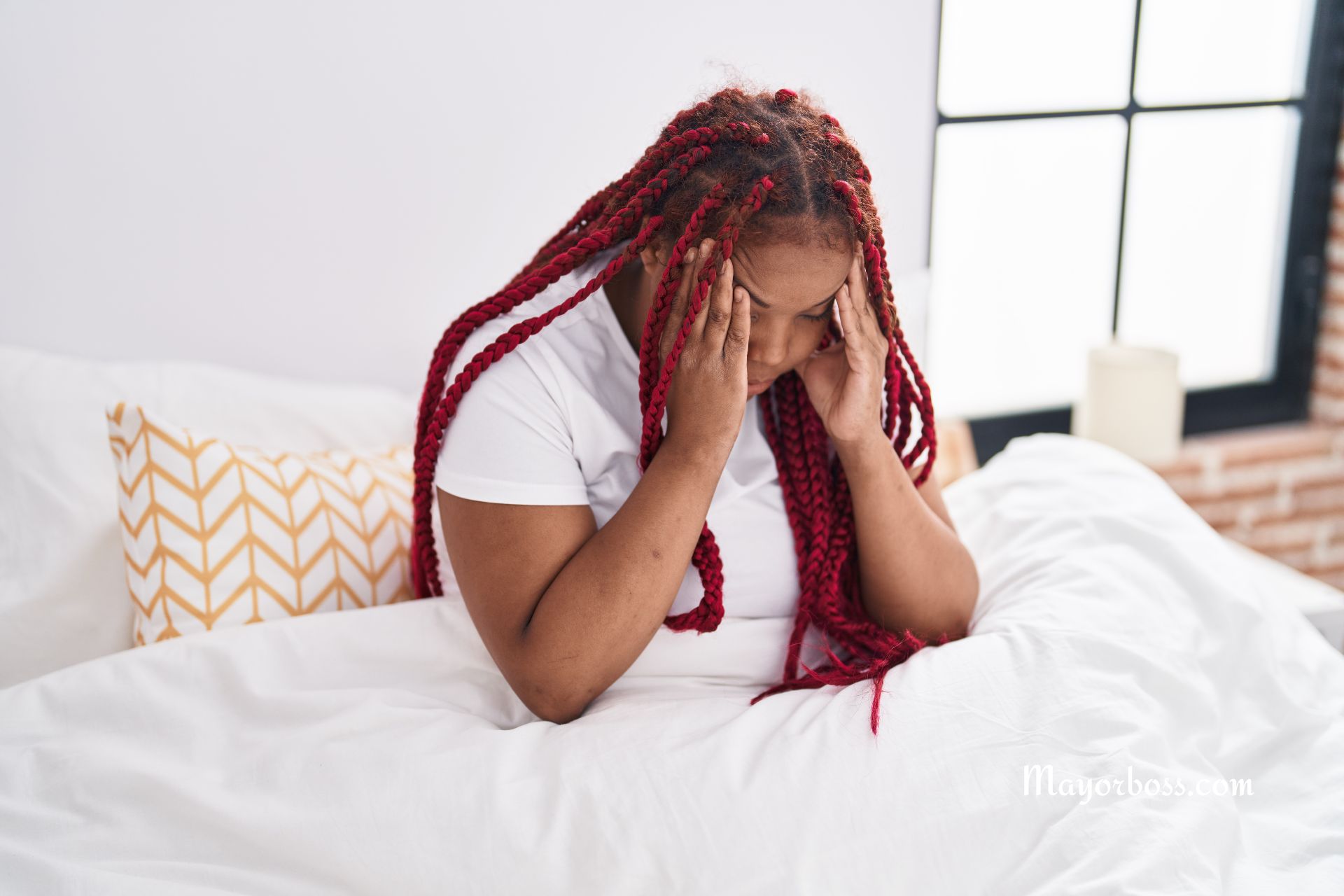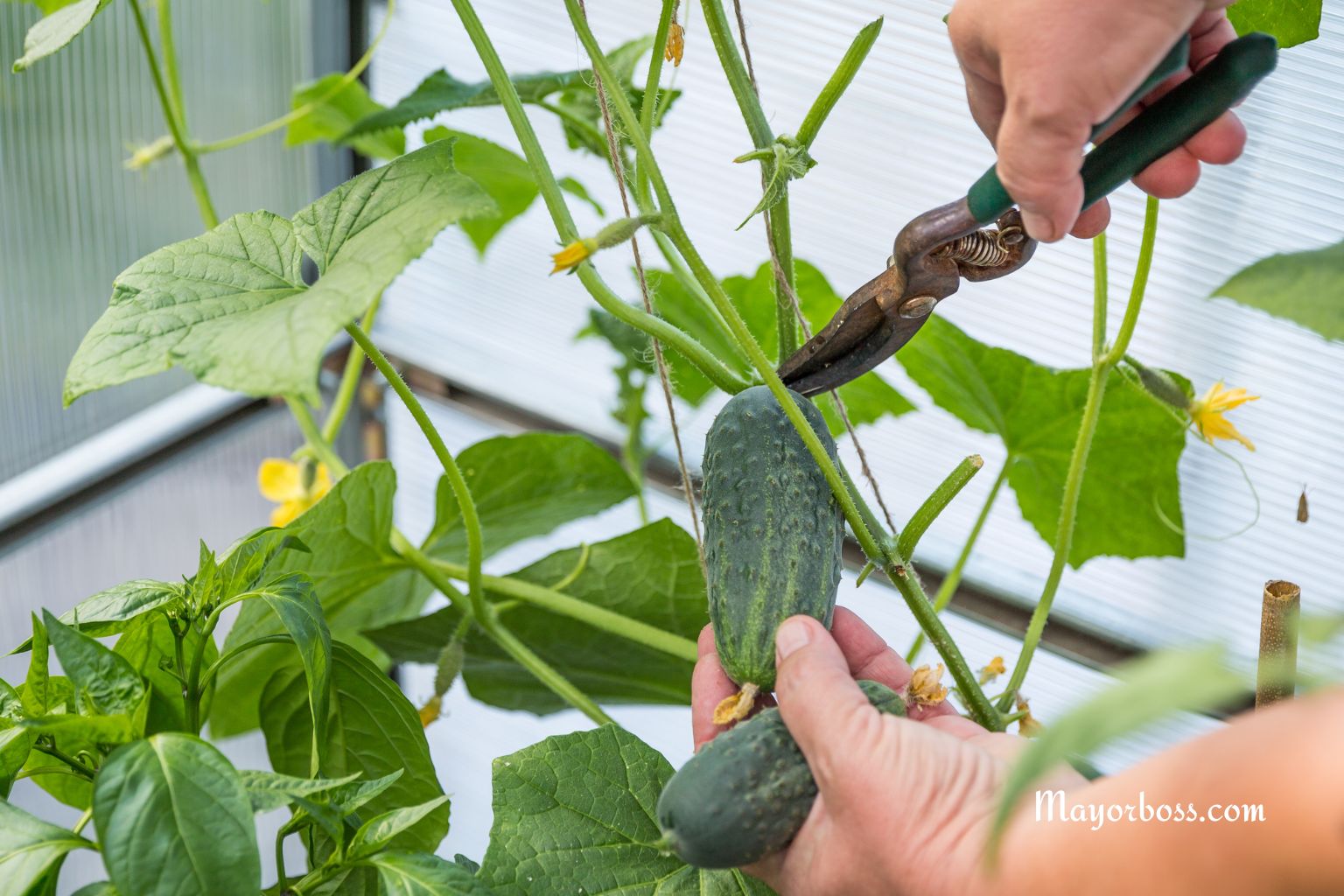You Should Stop Wetting Your Toothbrush Before Brushing. Here’s Why
Have you ever paused to think about how you brush your teeth? Most of us do it automatically: squeeze some toothpaste onto the brush, run it under water, and start brushing. But what if I told you that wetting your toothbrush before using it might not be the best idea? Yep, it sounds a bit off, doesn’t it? But stick with me here, and you’ll see why this small change can make a big difference in your dental health.
Why You Might Want to Skip the Tap

1. The Case for Toothpaste Efficiency
Toothpaste is designed to work best when it’s not diluted. The active ingredients in toothpaste, like fluoride, are meant to be applied in a concentrated form directly to your teeth. When you wet your toothbrush before adding toothpaste, you’re actually diluting these active ingredients. This can decrease their effectiveness right from the start. So, if you’re looking for optimal fluoride action and the full benefit of whitening agents or desensitizing ingredients, you might want to start with a dry brush.
2. The Texture and Grip
There’s also something to be said about the texture and grip that toothpaste has on a dry toothbrush. When your brush is dry, the toothpaste sticks to the bristles better. This helps in applying a more even layer across your teeth. Once you start brushing and saliva mixes in, the toothpaste will naturally create the right texture needed for effective cleaning without the extra water from the tap.
But What About Bacteria?
Now, you might be thinking, “But doesn’t water help clean the toothbrush from bacteria?” It’s a valid concern. However, rinsing your toothbrush after brushing and letting it air dry is usually enough to keep it clean. If you’re worried about bacteria, consider soaking your toothbrush in antibacterial mouthwash or boiling water for a few minutes every few days instead.
How Does This Affect Your Brushing Routine?
Making the switch to not wetting your toothbrush might feel strange at first. It’s all about breaking a habit many of us have had since childhood. But once you try it, you might notice that your mouth feels fresher and your teeth cleaner, simply because the toothpaste is doing its job more effectively.
Still Skeptical? Try This!
If you’re not quite convinced, I challenge you to try brushing dry for a week. Compare how your teeth feel afterwards compared to your usual routine. Sometimes, the proof is in the pudding—or in this case, in the brushing!
Let’s Wrap This Up!
So, subsequent time you reach for your toothbrush, consider skipping the pre-rinse. It’s a small change that could potentially improve your oral health significantly. And isn’t that worth trying out? After all, when it comes to taking care of your teeth, the little things can make a big difference. Happy brushing!
Frequently Asked Questions
Q: Will brushing without water damage my toothbrush or wear it out faster?
A: Not at all! Brushing without water won’t damage your toothbrush any more than normal use does. Just make sure to rinse and dry it well after each use.
Q: Can I use water to rinse my mouth after brushing?
A: No! According to NHS, after brushing your teeth, avoid rinsing your mouth immediately to maintain the concentrated fluoride and maximize its preventative effects.
Q: What if I find the toothpaste too abrasive without water?
A: If your toothpaste feels too abrasive on your teeth when dry, try switching to a toothpaste that is specifically formulated for sensitive teeth, which may be gentler on your enamel.






